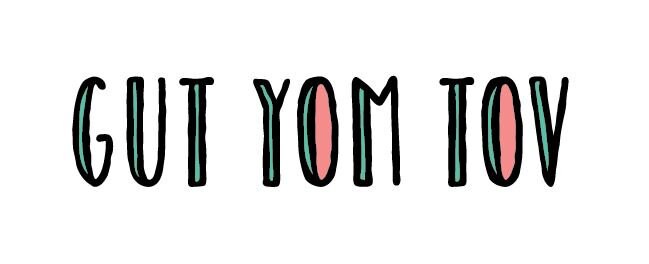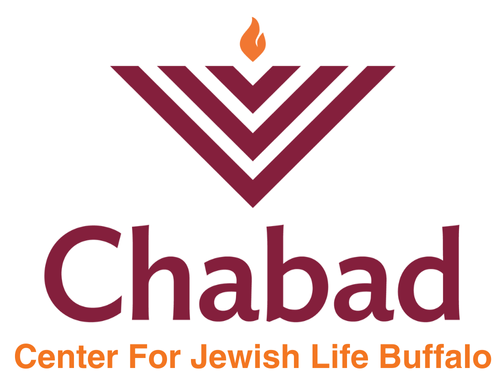
When two Jews meet each other on holidays or even in the days prior, it is customary to wish each other a good, happy holiday. But what to say? Here are your options:
The traditional Ashkanazi greeting is “Gut yom tov.” “Yom tov,” which literally means “good day” in Hebrew, denotes a holiday. In Yiddish, it is normally mangled into something that sounds more like “YON-tiff.” Thus, the greeting can sound like “Gut YON-tiff” or even “GutJONntiff.” (When translating “Gut yom tov” into English, you arrive at the strangely redundant-sounding “Good good day.”)
Sephardic Jews prefer the Biblical term for a festival, “chag.” Thus, when wishing someone a joyous festival, they say, “Chag same’ach.” (Note that you pronounce it “CHAHG sah-MAY-ach.”) This greeting has its roots in the Torah (Deuteronomy 16:14), where these two words are used in the commandment to rejoice on the festivals.
Now, not all holidays are considered equal. The holidays of Sukkot and Passover have intermediate days of lesser sanctity called Chol Hamoed, when many of the work restrictions are relaxed. On those days, the traditional Ashkenazi greeting is “Gut mo’ed”(or “Gut MOY-ed”) and Sepharadim say, “Moadim lesimchah,” to which some greetees respond, “Chagim u’zemanim l’sason.” (As before, the Sepharadic salutation has liturgical roots; this phrase is lifted straight from the holiday kiddush.)
If you want to greet someone but are not sure what to say, just let them greet you first and then repeat their greeting back to them. Works every time.
